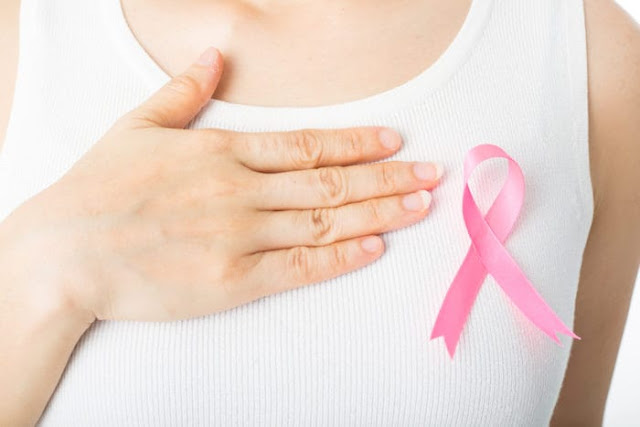5 Myths About Soy Beans
Read Also
Are you a lover of tofu, tempeh, or soy sauce? If yes, maybe you are familiar with the basic ingredients of making these three foods, namely soybeans. Yes, soy beans are one type of beans that is good for health. However, there are still many dubious soy bean myths in society. Anything, huh?
Myth 1: Soybeans can interfere with fertility
Does eating soy beans in large quantities affect female fertility? Many believe that soybeans contain phytoestrogens, a natural chemical compound that may interfere with the endocrine system and cause fertility problems.
In fact, various other studies just stated that eating soy can naturally help women who are preparing for pregnancy. This statement is reinforced by a long-term study, which suggests that women who consume animal sources of protein (meat, dairy products, or eggs) in large quantities are more at risk of fertility problems than by eating vegetable protein sources.
Even the researchers concluded that adding a serving of nuts, including soybeans, peas, and soybeans regularly in daily meals for women's reproductive health. So, this myth of soybeans is not proven.
Myth 2: Soybeans are not a good source of protein
In fact, soybeans are capable of supplying large amounts of protein with much lower calories than animal protein sources. Not only that, soy also contains all the essential amino acids the body needs, rich in fiber, antioxidants, cholesterol-free, and does not contain saturated fat normally found in animal products.
That is why soy is predicted as one source of food rich in various essential nutrients. Even if you cook a cup of soy, it will contribute 22 grams of protein to the body, which is almost the same as eating a serving of steak meat.
Myth 3: Soy can cause breast cancer
Not a few people who doubt the benefits of soy because of the content of phytoestrogens in it. The reason, phytoestrogens that have a structure similar to estrogen, is known to trigger the growth of cancer cells in the body. Of course this is a false soy bean myth.
Various studies conducted many results show that eating soy beans in large quantities will not increase the growth of breast cancer in women. On the contrary, soy is believed to reduce the risk of breast cancer.
Reporting from a WebMD website, a study conducted on 73,000 women in China found that women who consumed at least 13 grams of soy a day (about one to two servings of soy) had a breast cancer risk 11 percent smaller than women who ate soybeans less than 5 grams per day.
According to dr. Marleen Mayers, head of the Langone Medical Center cancer program in the US, some people who eat soy in large quantities from a young age, are more protected from breast cancer risk later in life.
This statement was also reinforced by an analysis of 8 studies showing that women who consumed soybeans in large quantities, 29 percent less risk of developing illness than women who ate only a small amount of soy.
Myth 4: Breast cancer patients should not eat soy
Have you heard of this soy bean myth? Yes, some people advise to avoid eating soybeans during breast cancer treatment. But again, this should not be your belief.
The reason, a study conducted on 9,500 women in the United States and China to prove that women who eat soy regularly decreased cancer risk reappear up to 25 percent compared to women who only eat soy in small amounts.
In addition to fresh soybeans, some processed foods from soybeans are involved in research that is tofu and soy milk.
Myth 5: Men should not eat soy
Apparently the myth of soy beans is not just lurking the women. The content of phytoestrogens in soybeans is also associated with decreased testosterone levels in men. Men who eat soy in large quantities tend to have lower sperm concentrations (but still within normal limits) than men who do not eat soy.
However, studies that prove it is still very limited and only slightly in number. In fact, the researchers noted other factors such as obesity and being overweight that most men have with relatively fewer sperm counts.
This statement is supported by nutritionist Nancy Chapman, RD, MPH, who stated that there is no relationship between eating soy with the quality of sperm and male fertility. Moreover, studies conducted by Chavarro and his colleagues show that it is not soy that results in decreased sperm count in men, but rather excess weight and overall unhealthy lifestyle.
That is why, there is no strong evidence that soy can reduce male fertility. So, for men who like to eat fresh soy and various other soy products, you do not have to worry anymore.
Quoted from Huffington Post, the men can actually get a lot of good benefits from eating soybeans, one of them can reduce the risk of prostate cancer.
How do you think about 5 Myths About Soy Beans. Write your opinion in the comment field.






0 Response to "5 Myths About Soy Beans"
Post a Comment